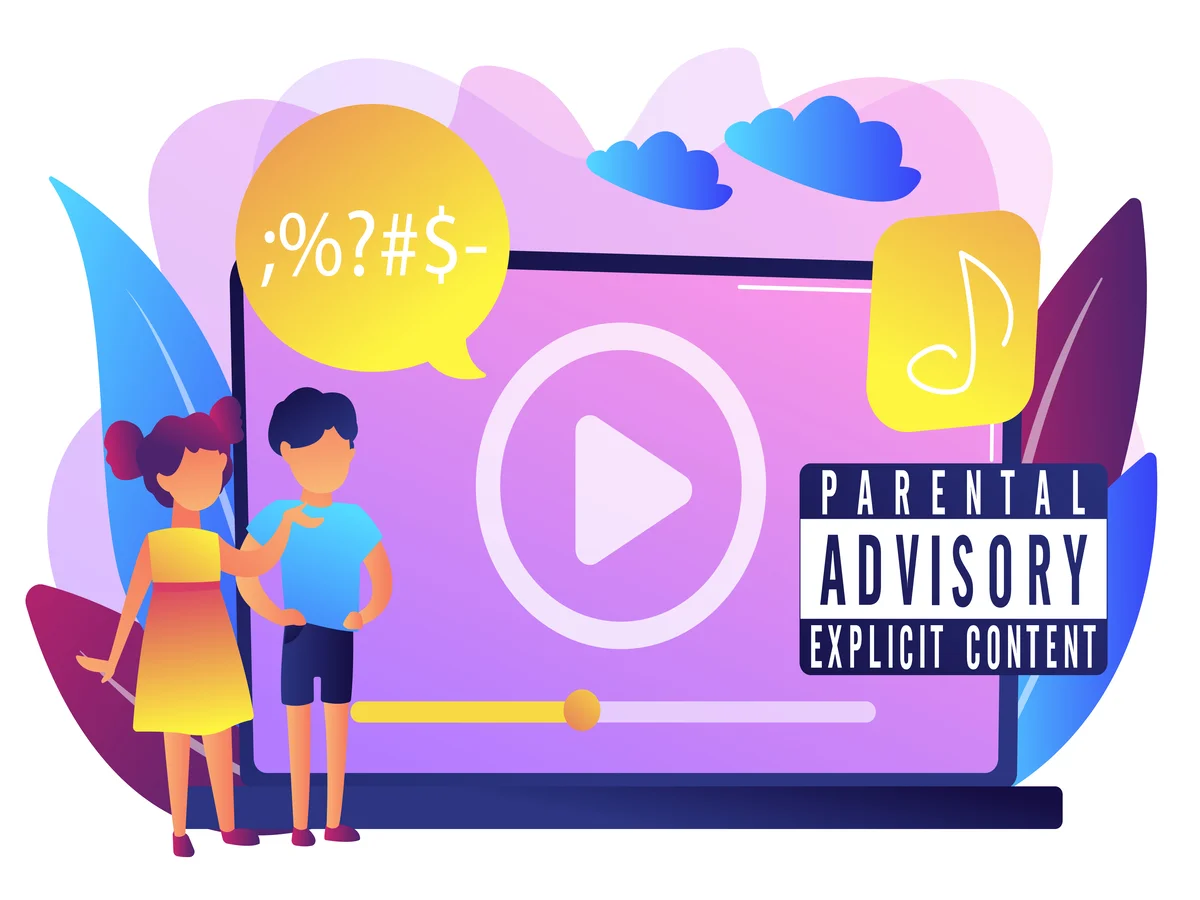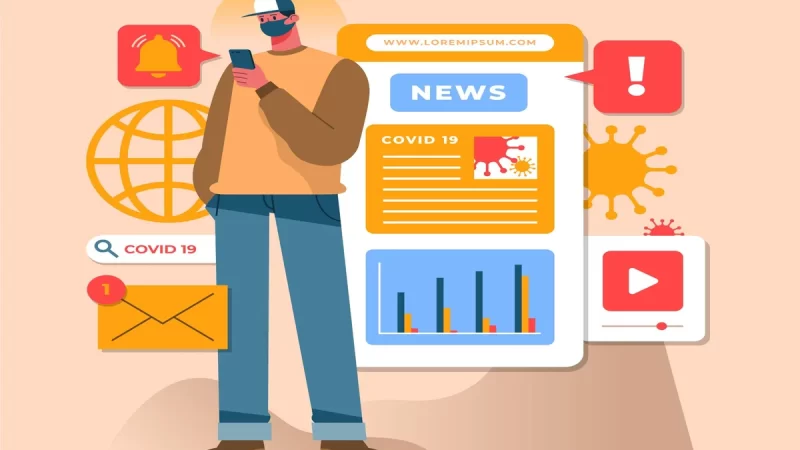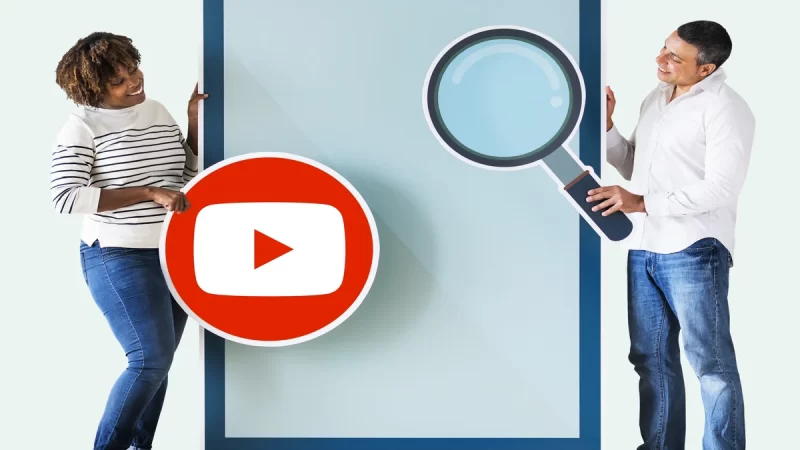Google Accused of Breaching Children’s Privacy Laws with Personalized Ads on YouTube

In the digital age, children’s online privacy has become a matter of increasing concern. As children spend more time on the internet, their personal data is being collected and used by various platforms. Google, a tech giant known for its diverse services, has recently faced accusations of breaching children’s privacy laws by employing personalized ads on its popular video-sharing platform, YouTube. This article delves into the allegations, the potential legal implications, and the broader context of children’s privacy in the digital landscape.
The Allegations
The allegations against Google stem from its practice of employing personalized advertisements on YouTube, which allegedly targets children with content based on their online behavior and preferences. This practice, critics argue, violates the Children’s Online Privacy Protection Act (COPPA), a US federal law enacted to protect the online privacy of children under 13 years of age. COPPA restricts the collection of personal information from children without parental consent and requires online platforms to provide clear privacy policies.
Legal Implications
If proven true, the allegations could have significant legal consequences for Google. COPPA violations can result in hefty fines, as the Federal Trade Commission (FTC) has the authority to impose penalties on companies found to be in breach of the law. In fact, Google’s subsidiary, YouTube, has a history of tangling with the FTC over children’s privacy issues. In 2019, YouTube agreed to pay a record $170 million fine to settle allegations that it had collected children’s personal information without parental consent. This recent accusation could potentially lead to additional fines and increased scrutiny of Google’s data privacy practices.
Broader Context
The issue of children’s online privacy extends beyond Google and YouTube. With the proliferation of smartphones, tablets, and other connected devices, children are accessing digital content from a young age. This has raised concerns about how their personal information is being harvested and utilized by online platforms, social media networks, and app developers. Many parents are unaware of the extent to which their children’s data is being collected and used to deliver targeted content, which further underscores the need for stronger regulations and awareness campaigns.
Challenges and Solutions
Balancing the benefits of personalized content with the protection of children’s privacy presents a complex challenge. While personalized ads can enhance user experience and drive engagement, they can also infringe on individuals’ privacy rights, particularly when it comes to minors. To address these challenges, policymakers need to develop clearer and more comprehensive regulations that address the nuances of data collection and usage concerning children. Moreover, technology companies should take a proactive approach by implementing stricter data protection measures and transparent privacy policies.
Key Takeaways
The allegations against Google for breaching children’s privacy laws with personalized ads on YouTube underscore the growing need for robust protection of minors’ online privacy. As the digital landscape continues to evolve, safeguarding children’s personal information becomes paramount. The outcome of this case could set a precedent for how tech companies handle children’s data and whether they adhere to legal regulations such as COPPA. Ultimately, finding a balance between delivering engaging content and respecting children’s privacy rights is crucial for a responsible and ethical digital ecosystem.
FAQs (Frequently Asked Questions):
Personalized ads refer to advertisements that are tailored to an individual’s interests, preferences, and online behavior. They are often generated based on data collected from a user’s online activities.
The Children’s Online Privacy Protection Act (COPPA) is a US federal law designed to safeguard the privacy of children under 13 years of age. It requires online platforms to obtain verifiable parental consent before collecting personal information from children and mandates the establishment of clear privacy policies.
Personalized ads can lead to the collection of sensitive data from children without proper consent. This can result in the exposure of children to age-inappropriate content and the potential exploitation of their personal information.
In 2019, YouTube paid a $170 million fine to settle allegations of collecting personal information from children without parental consent, in violation of COPPA.
Policymakers can enact stricter regulations to protect children’s privacy online. Tech companies should also adopt transparent privacy practices and enhanced data protection measures for users under 13.







